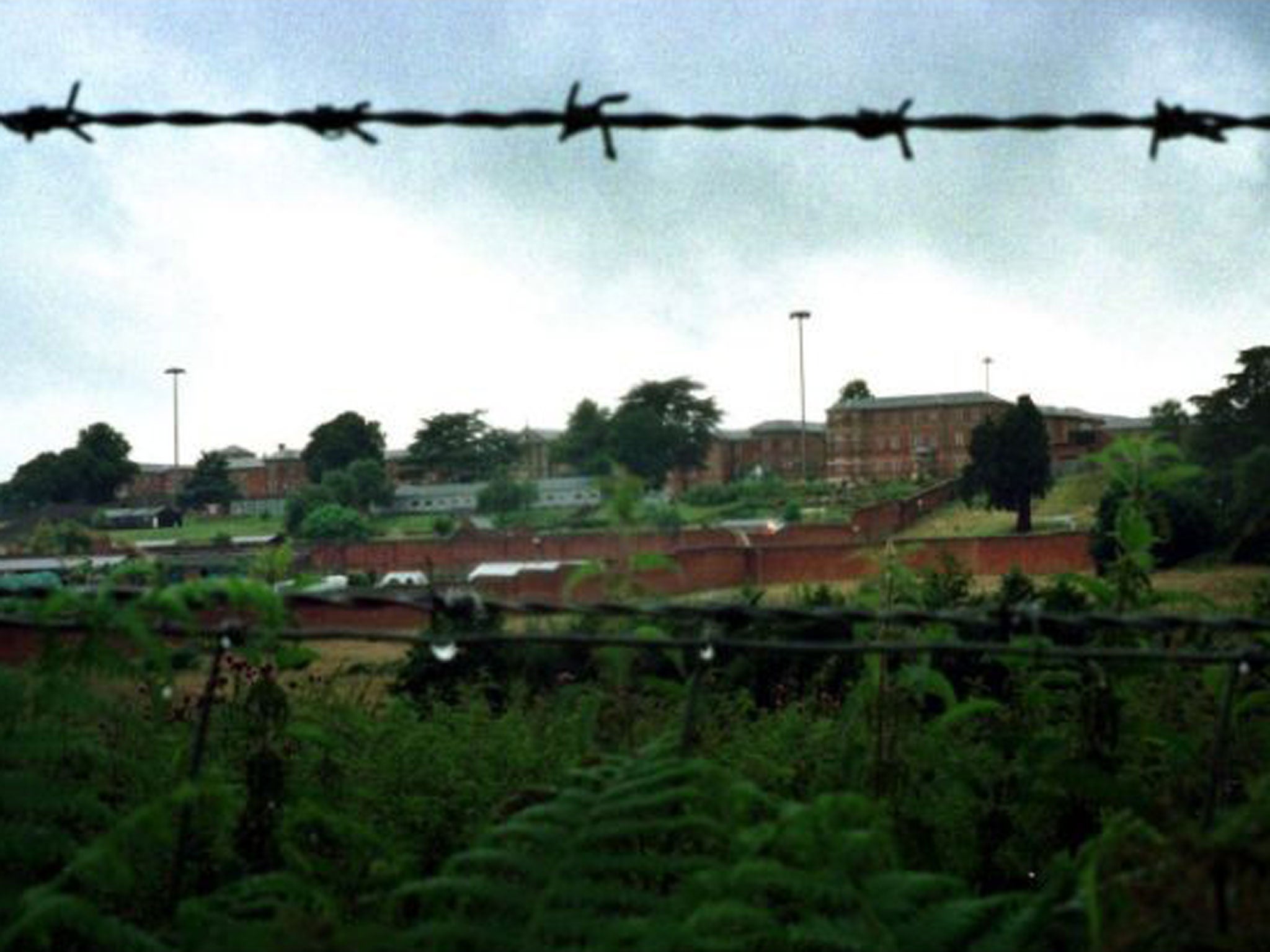'Send Yorkshire Ripper back to jail': Expert says Broadmoor 'out of step' and too keen to hold on to celebrity patients

Broadmoor, the high-security psychiatric hospital, where some of Britain's most notorious offenders are treated, has been criticised as an "expensive anachronism" which holds on to "celebrity" patients when they should be back in prison, according to one of the country's most respected psychiatrists.
Patients such as Peter Sutcliffe, the so-called Yorkshire Ripper, jailed for 20 life sentences after being convicted of murdering 13 women and the attempted murder of a further seven, should be returned to a prison, according to Tony Maden, former head of the Dangerous Severe Personality Disorder (DSPD) unit at Broadmoor, in Berkshire.
Professor Maden, professor of forensic psychiatry at Imperial College London, said: "We are far too ready to keep mentally disordered prisoners in places like Broadmoor indefinitely, particularly if they are famous. I think it's about celebrity, I can't think of any other reason why a hospital would want to hang on to somebody when essentially the condition is stable."
Professor Maden said Sutcliffe was not unique. "The other one I have in mind is Ian Brady, who I don't think has got schizophrenia either. If the name of either of these two were Joe Bloggs they would have been back in prison a long, long time ago."
He said the fact that Sutcliffe and others could face attacks in prison was not an argument for keeping them in Broadmoor, or in one of the UK's other two secure units at Ashworth on Merseyside, which houses Brady, and Rampton in Nottinghamshire. "They are not unique in facing attack and it is pointless to keep personality-disordered offenders in hospital for years when they can be managed better in prison for a fraction of the cost," he said.
Broadmoor is "increasingly inefficient" and "out of step with a lot of modern ideas on treatment," according to the psychiatrist. Recruitment and retention of nurses is a "massive problem" and "the general quality of nursing staff in Broadmoor is low". He added: "I would much rather see the money that goes on Broadmoor spent on improving treatment facilities in prisons."
Professor Maden makes the claim that Sutcliffe is fit to return to prison in a documentary about Broadmoor on Channel 5 tomorrow. "My understanding of Sutcliffe is that he's no longer acutely mentally ill," he said.
He added that he agreed with the decision to shut down the DSPD unit, which closed last year: "It was horrendously expensive, and for that reason the project was wound down after about five years."
The documentary also reveals how, contrary to popular opinion, the moors murderer Ian Brady was never admitted to Broadmoor. The novelist Pat McGrath, whose father was medical superintendent at the hospital, says: "My father refused to take Ian Brady into the hospital. He struck my father as being an evil man."
Broadmoor, now in its 150th year, was envisaged as a place where mentally ill people would be helped back to full health. But it is now synonymous with Britain's most dangerous and disturbed criminals, with inmates ranging from Ronnie Kray to the serial killer and rapist Robert Napper.
The West London Mental Health NHS Trust, which runs Broadmoor, declined to comment about Sutcliffe but said in a statement: "Each patient is reviewed by an independent mental health tribunal every three years to determine whether they continue to require conditions of high security or can be referred out. It is absurd to say Broadmoor seeks to treat patients who are 'high profile'."
The average patient stay is just over five years, it insists, adding: "We are proud of the work our committed staff perform every day.... but until society can prevent mentally disordered offending, we will continue to have an important role to play."
A major development at the site is planned, with the Victorian buildings to be replaced by a new, £115m hospital due to open in 2017.
High-security hospitals such as Broadmoor are part of a wider issue, according to Sean Duggan, chief executive of the Centre for Mental Health: "Some 60 per cent of prisoners have a personality disorder and few receive any help or support... We need to look again at the whole system of secure mental healthcare in England and make sure it provides the best possible value for its £1.2bn cost."
